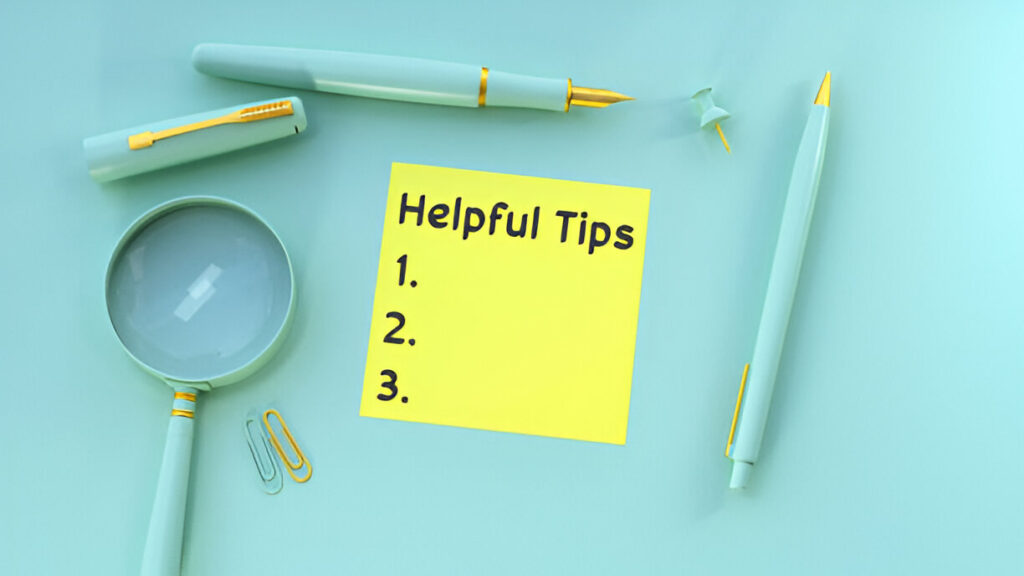Suffering a relapse is not something you should be ashamed of. It’s often part of the recovery process and you’re not alone.
There are so many reasons as to why people relapse and it’s believed that 40% to 60% of people who go through addiction treatment and enter recovery. It doesn’t mean the end of your journey. In fact, you can become stronger for it.
Many people who go through residential rehab learn from relapse and channel the experience in the right way. So, if you’re struggling or you’ve just relapsed, here are five tips for surviving the experience and getting back on track…
Avoid Self-Blame and Shame
Many people really struggle to deal with the fact that they have relapsed and it becomes very easy to feel overwhelmed with guilt and shame. We blame and judge ourselves, thinking we’ve failed or destroyed all the progress that’s been made.
That isn’t true though and rather than seeing it as a failing or a weakness, reframe it as a key part of the learning process. Recovery is all about persistence and setbacks can provide you with solid insight into what works for you and what doesn’t. Use it as a chance to move forward in a more efficient manner.
Reach Out for Support
Don’t suffer in silence, if you relapse and get help, whether that be a trip back to rehab or reconnecting with a support network, counsellor or therapist.
Isolating yourself can make matters worse and lead back down the pathway of addiction. Being honest about your relapse to others can help you process the situation, as well as receive encouragement to get back on track.
Identify What Triggered the Relapse
As part of the learning process from relapse, you should look to explore the reasons why you relapsed and use that information to prevent future setbacks.
There are many triggers that could lead to relapse, including stress and anxiety, social situations, overconfidence, negative emotions like loneliness or anger and much, much more.
A good idea can be to keep a journal of your emotions and triggers, which can help you evaluate relapses and work towards healthier coping mechanisms.
Strengthen Your Coping Strategies
Which moves us on nicely to our next point. While you will have developed coping strategies in rehab and with counsellors, relapse can often highlight areas of your recovery that need a bit of work.
Relapse is a good time to revisit your coping strategies and understand how you can strengthen them. Explore what’s working and what’s not and think about what could be used to work better, whether it be creating a healthier routine, considering mindfulness techniques or introducing further therapy. Speak to your counsellor and see options you could have.
Create a New Action Plan
A relapse is a signal that something in your recovery plan needs adjusting. Use this opportunity to refine your approach and create a more effective strategy moving forward. Some key questions to consider include:
- What changes can I make to my daily routine to support sobriety?
- Do I need to limit contact with certain people or avoid specific places?
- Would increasing therapy sessions or attending more recovery meetings be helpful?
- Are there new goals I can set to keep myself motivated?
Developing a clear plan can give you a sense of direction and confidence. This might include setting boundaries, adopting new habits, or finding healthier ways to manage stress. Recovery is an ongoing process, and adjusting your approach based on what you have learned is a sign of growth.



